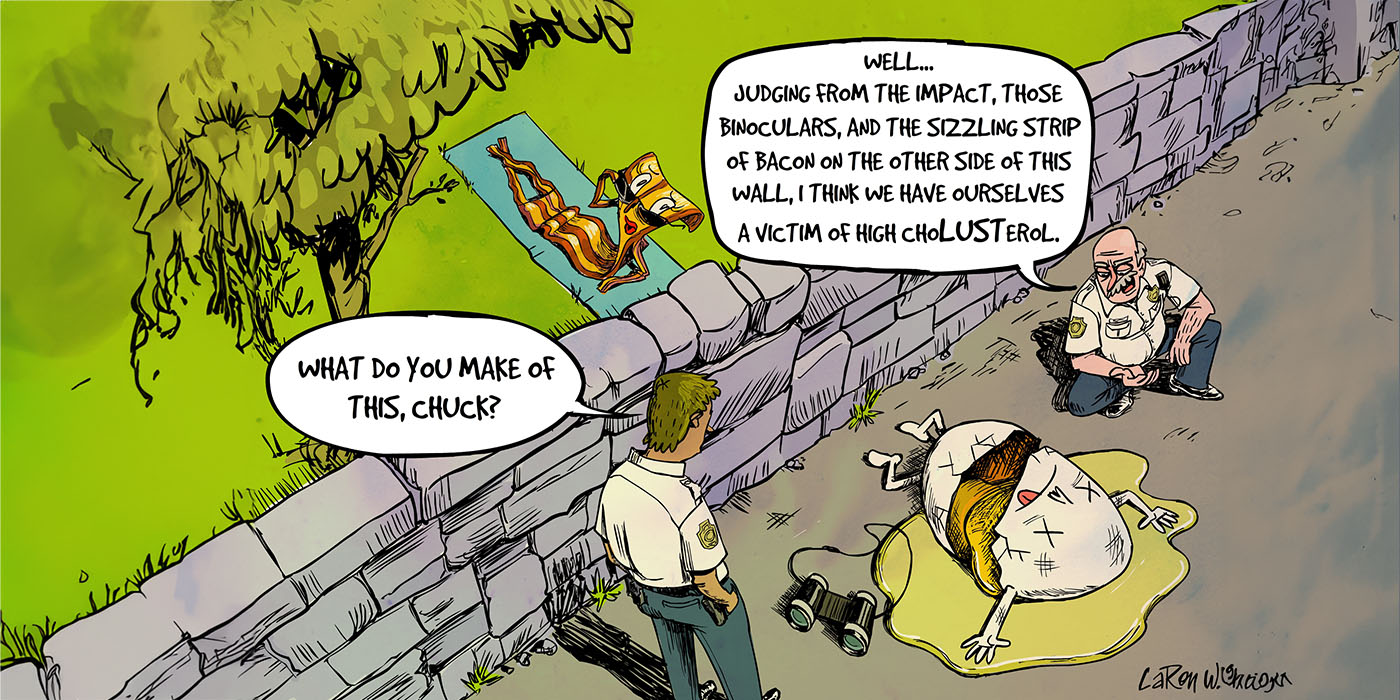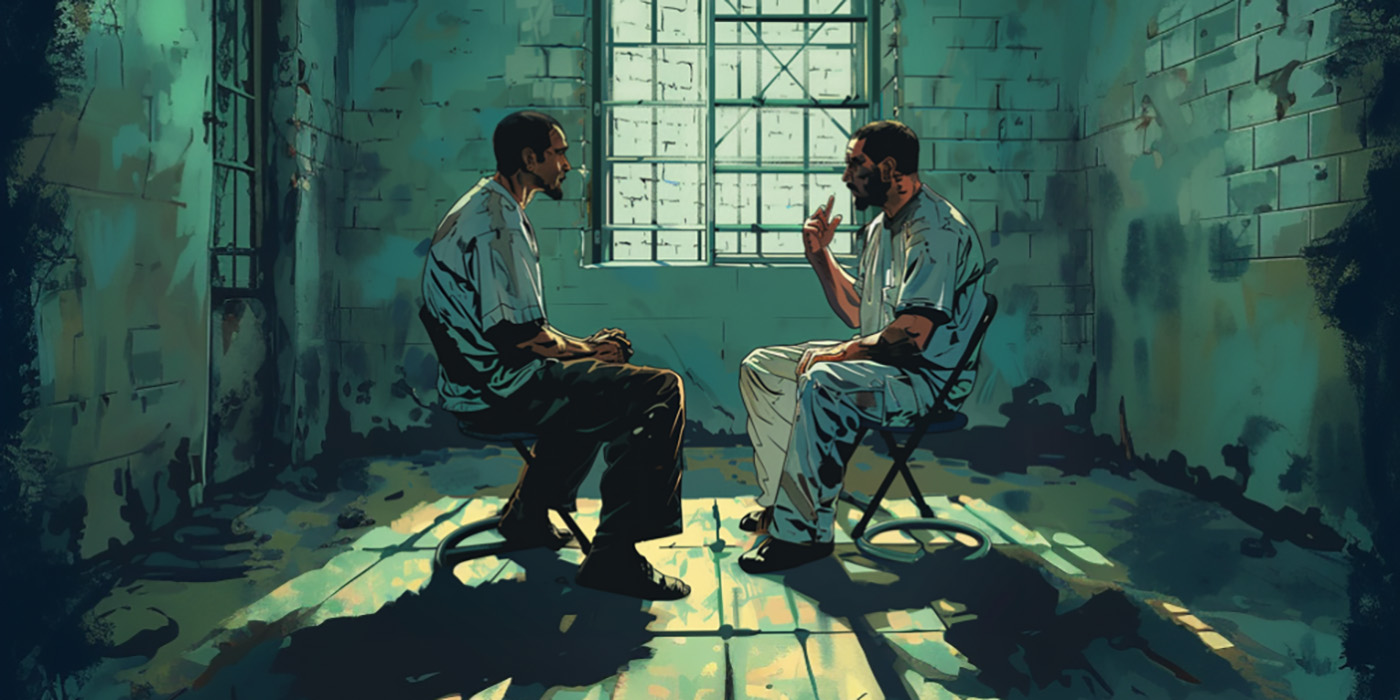Dear Essay,
I have read “Sleep Issues” shared by Scott from Utah (December 2016 Essay). My experience is different. In recovery my sleep life has also has sexual dreams, although the frequency now has diminished to only about two or three per year.
In talking with my sponsor, I accept that “lust is the driving force behind our sexual acting out.” Each time I have a sexual dream, I sit down with my journal and review the previous day or days, and ask myself ‘where is the unsurrendered lust?’ I was not always able to pinpoint it at first. As I persisted, I have for several years been able to identify the lust that triggered the sexual content of my dreams. My 10th and 11th Step journaling the day before going to bed has greatly helped. One time I identified lust in my journal and revisited it in my dreams. I learned from this that it is not enough to identify the lust; it also has to be fully surrendered to God.
A second lesson has been to broaden my definition of lust. At first, I thought that lust was only pornographic and that fighting it off was victory. Lust is anytime I want the world to be different than what God is presenting to me at the moment. For example, I decide to eat at a restaurant rather than cook a meal at home. What are my motives? Am I looking forward to the company and the food, or am I seeking the opportunity to watch people and be seen? If it’s the latter, it is lust, although there was no pornography.
Scott’s experience with sleep issues also raises another important issue. That is my degree of culpability for night time emissions. My experience is to prevent them with a rigorous definition of lust and surrender. If a nighttime emission occurs, should I reset my sobriety date? For me, the answer is simple. If I wake up and an emission has already occurred, I do not reset my date, since it happened in sleep. I identify and surrender the lust and talk about it with my sponsor and renewal partners. If on the other hand, I wake up before the emission, and continue the behavior, that is willful assent, and a reset is in order.
Scott talks about an in-between state without language. My experience is that I do not need language to turn to God. I just turn to a state of wanting help. I challenge my sponsees about their awareness that they are touching themselves or thrusting into the sheets. I tell them I am not a “little” aware. I am either aware, or I am not. Nobody else can decide whether or not I was awake and aware. Only I can make this determination. I do not need eloquence to turn to God, I only need willingness.
Brian
Dear Essay,
Thank you for a copy of the Essay. May I forward it to a few newcomers or interested people [here] in Greece (up to a handful)?
I also just read the “Deaf, Sober, and Happy” on the sa.org Essay website and I liked it very much. So I can send that.
Alex
Dear Essay,
As cold weather was setting in I became worried about being stuck indoors. So I prayed for the knowledge of God’s will for me and the power to carry it out. One day I started to draw. God gave me my art back. My artistic ability had been stifled years ago. Through my art I have been able to release the toxic pain that I have lived through my husband’s disease. This was service work to me and has helped me greatly. By sharing my gift for SA’s, I have ripped some of the wounds off of my soul. I thank you for printing my art. If my art is “medicine” to another human being then I have done what my Creator has wanted…help another.
A.






